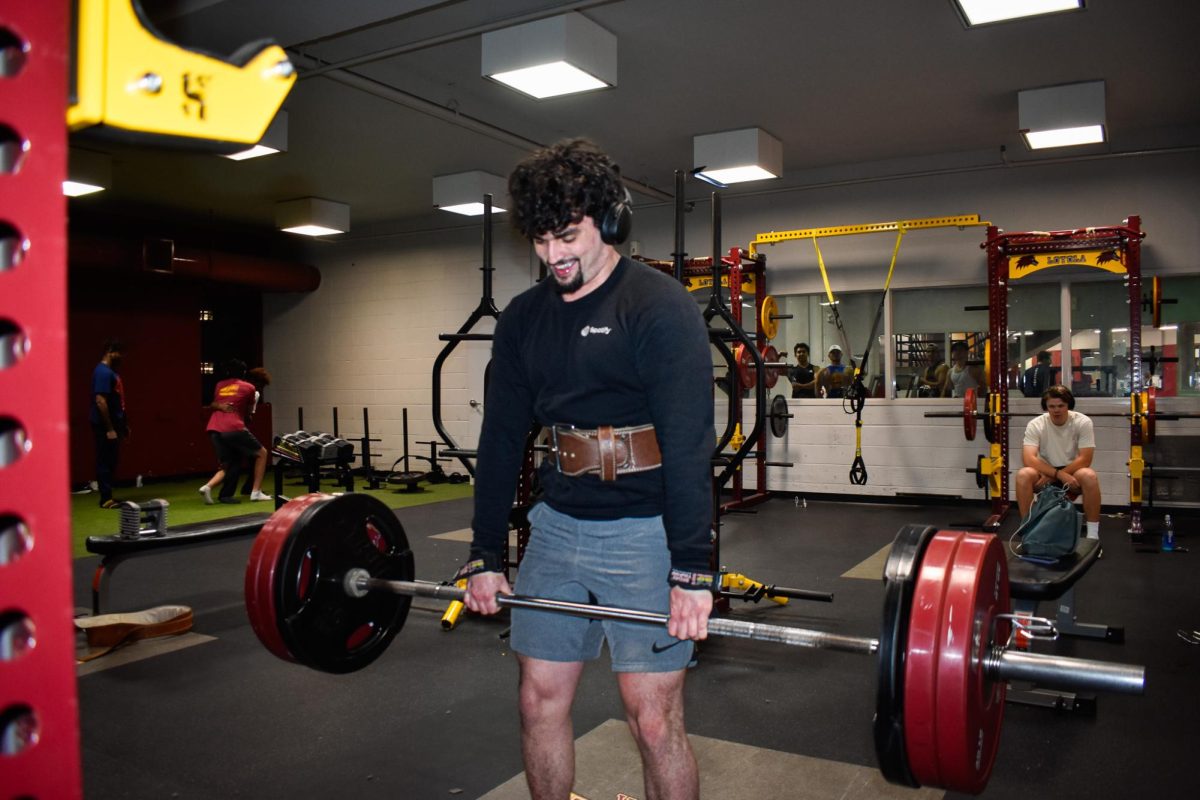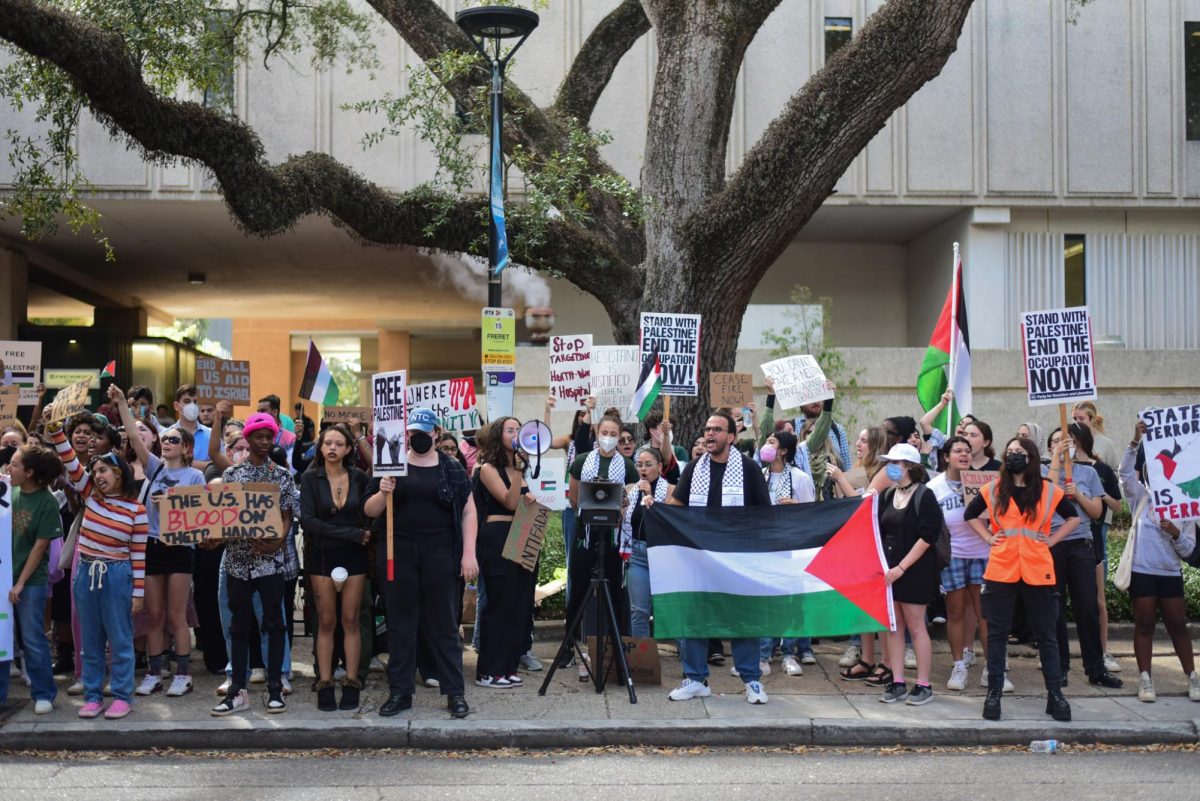Some ignored him. Some said that his idea was unnecessary. But according to English writing freshman James Simko, many students who passed him in front of the Danna Center agreed that Loyola should offer Arabic as a modern foreign language.
Simko circulated a petition last week. Nearly 300 students signed his petition, while 26 said they would take an Arabic class if it were offered here.
Simko’s frustration began in August, when he tried to enroll in a Tulane Arabic class, the only option for Loyola students. His adviser told him that it would be difficult to find a seat because he is a Loyola freshman and Tulane students have priority.
“When the school was recruiting me, they told me Arabic was available, but they didn’t tell me I’d have to go over to Tulane to get it,” Simko said.
He had planned to learn Arabic in college in order to pursue his goal of working in Intelligence in the Army.
He decided that a petition would show the administration that there is student support for Arabic classes on Loyola’s side of the fence.
“If I’m going to go and argue with them, I’d like to show that there’s interest, that other students want Arabic as well, so can I have my class,” he said.
Arts and Sciences Dean Frank Scully said he was receptive to the idea, but it is in the jurisdiction of the Modern Foreign Languages department.
“We offer, for our size, a remarkable number of languages – Spanish, French, German, Italian, Japanese, and Russian … my guess is that MFL would want more Spanish instructors, because that’s what the demand is for,” he said.
He said demand, faculty availability and usefulness all go into consideration when creating classes, and that 19 students is enough for a class.
“Practically speaking, it’s not going to happen,” said Robert Dewell, associate professor who teaches German. “The biggest issue is whether students will take it or not – they won’t hire someone for a five-person class. In an ideal world, we would offer and emphasize languages like Arabic and Chinese, because they’re going to be really important in the next 50 years,” he said.
Sarah Gualtieri, an assistant history professor who specializes in the modern Middle East, says that student demand certainly exists.
“I arrived here in 2000, and literally every semester students have asked me if I could teach after they realize they can’t get in at Tulane. To me, that indicates there’s a real interest here at Loyola,” she said.
She also said that student interest in the Middle East has grown significantly since Sept. 11.
“The first year that I taught Middle Eastern history, I had 13 students. Now I have 30, and it’s like that in most of my classes,” she said. “This is not just a Loyola phenomenon, this is nationwide. A lot of institutions have expanded their Arabic and Middle Eastern departments.”
For his part, Simko said he would be satisfied with just language courses.
“I would love a department, but I’m not going to ask for the moon, just start small and build it up,” Simko said.
Kelly Brown can be reached at [email protected].












